As the end of June approached, a notice appeared on the website of online vehicle provider Cazoo bearing this message: “We’re no longer offering Cazoo cars for subscription”.
It marked the end of a dream within the disruptive UK-based car retailer to reshape the owning process for customers. However, it doesn’t necessarily mean the idea of flexible car ownership is dead: just that the companies offering it need to work out how to finance long term what is a very capital-intensive business.

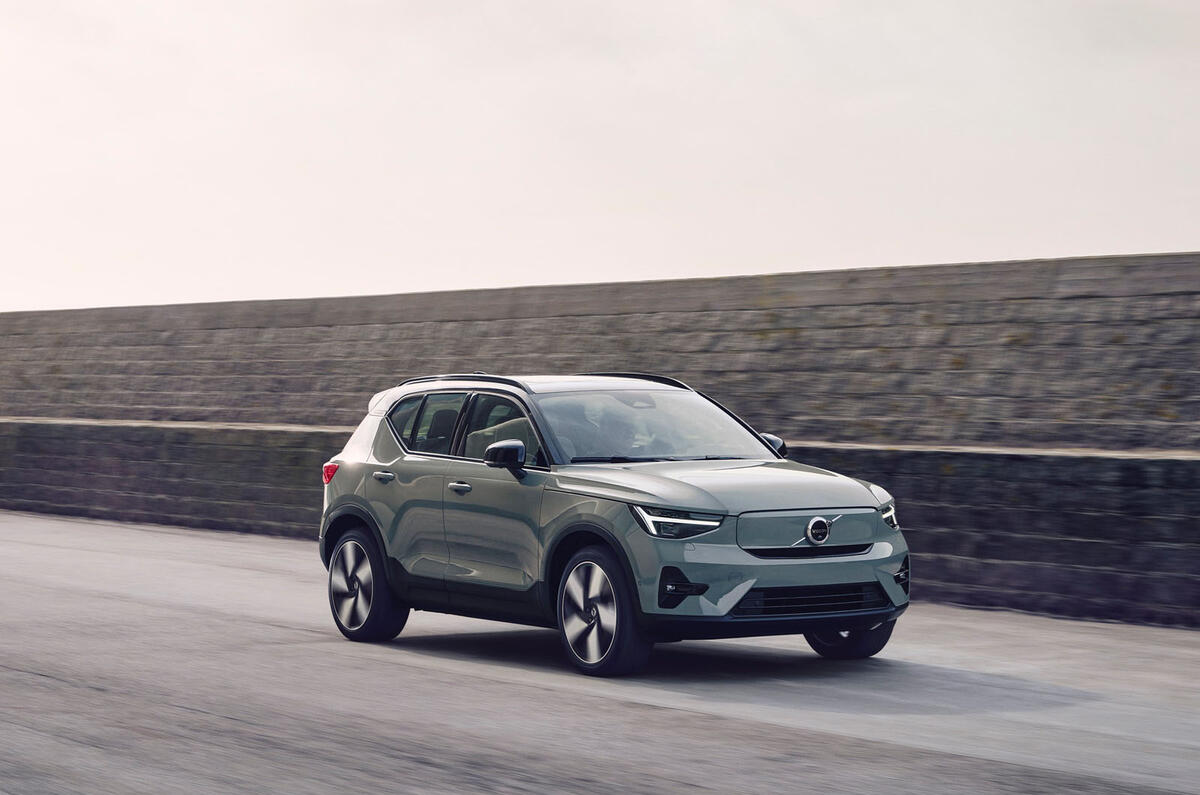

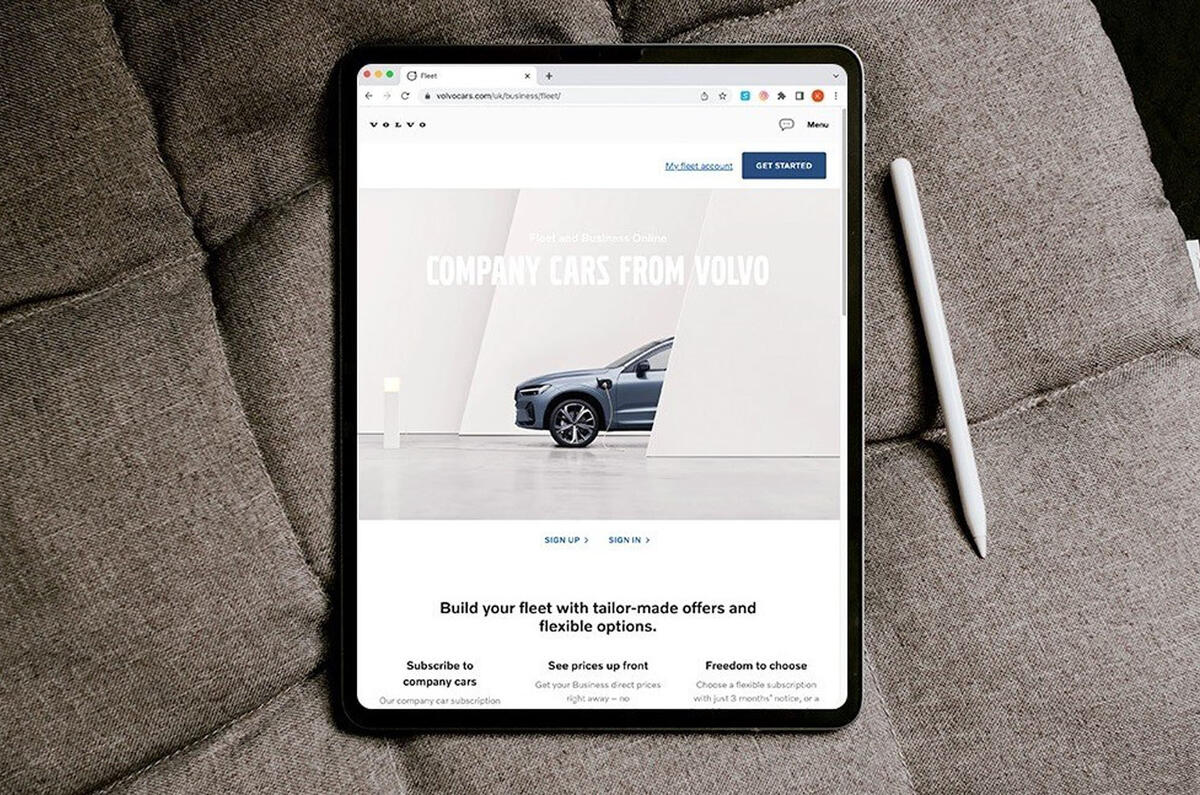
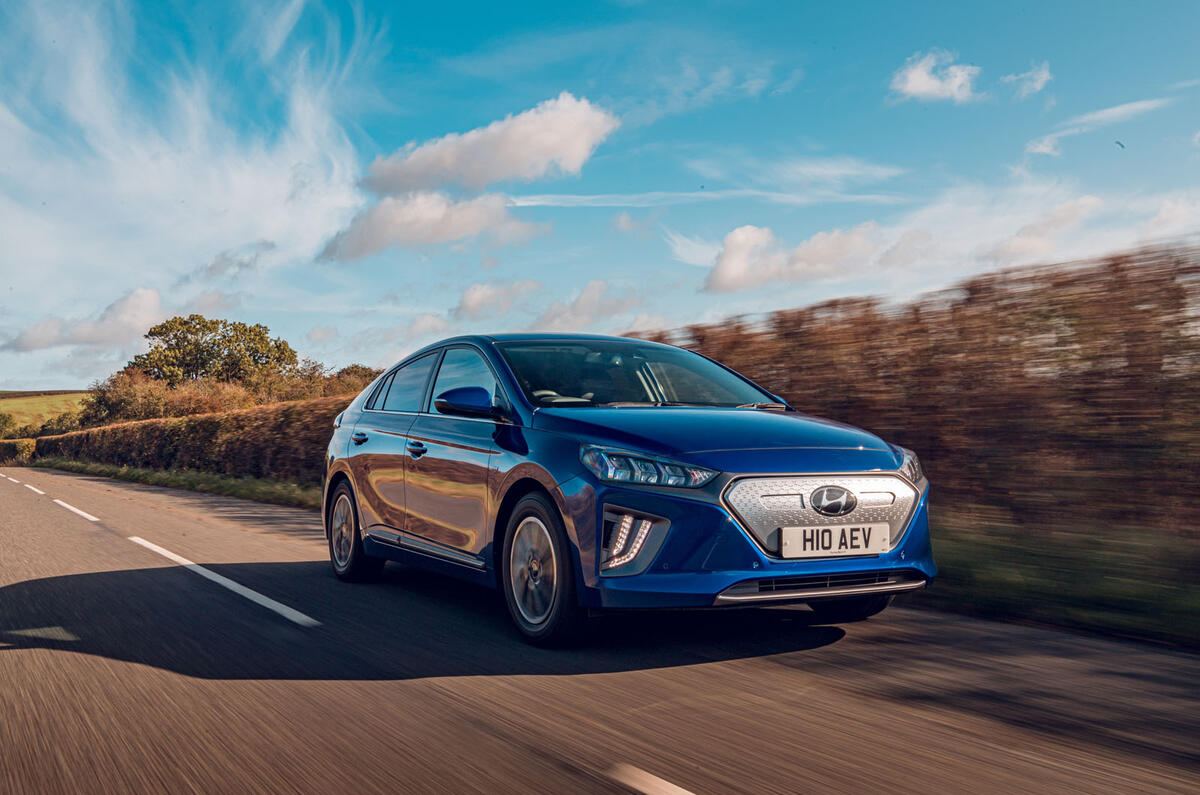
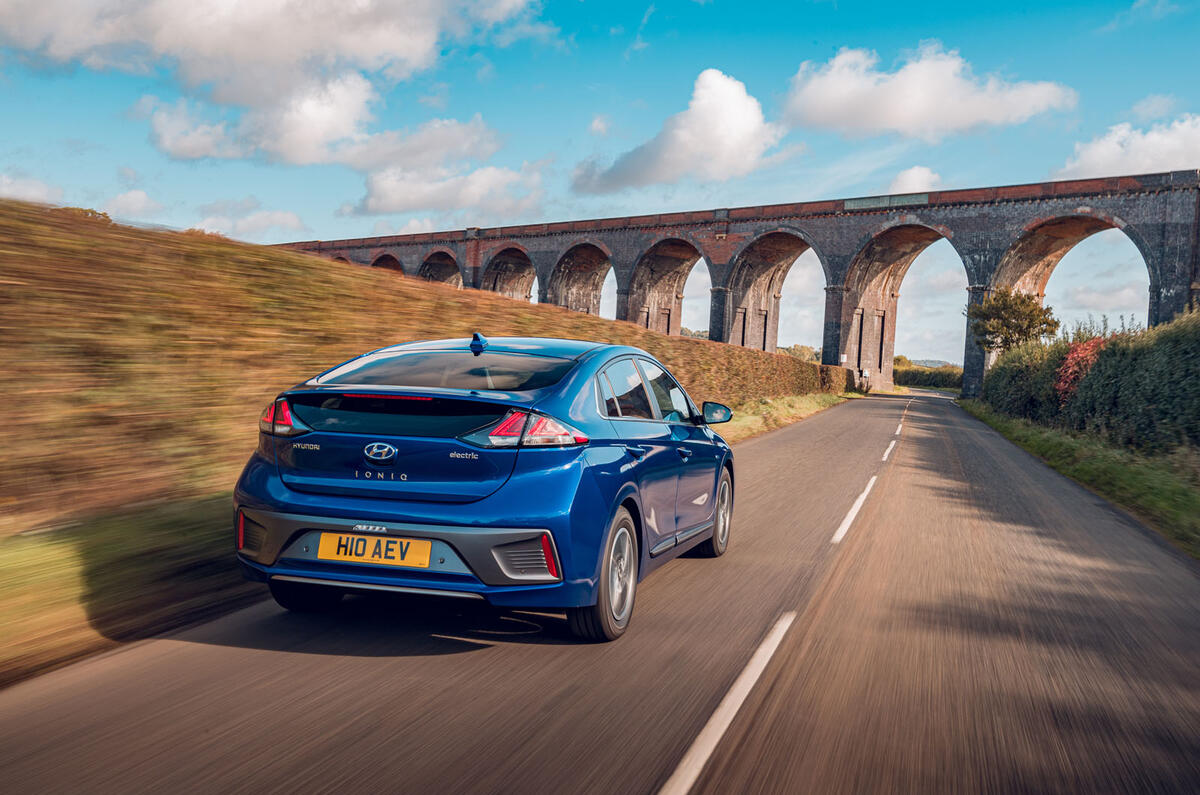
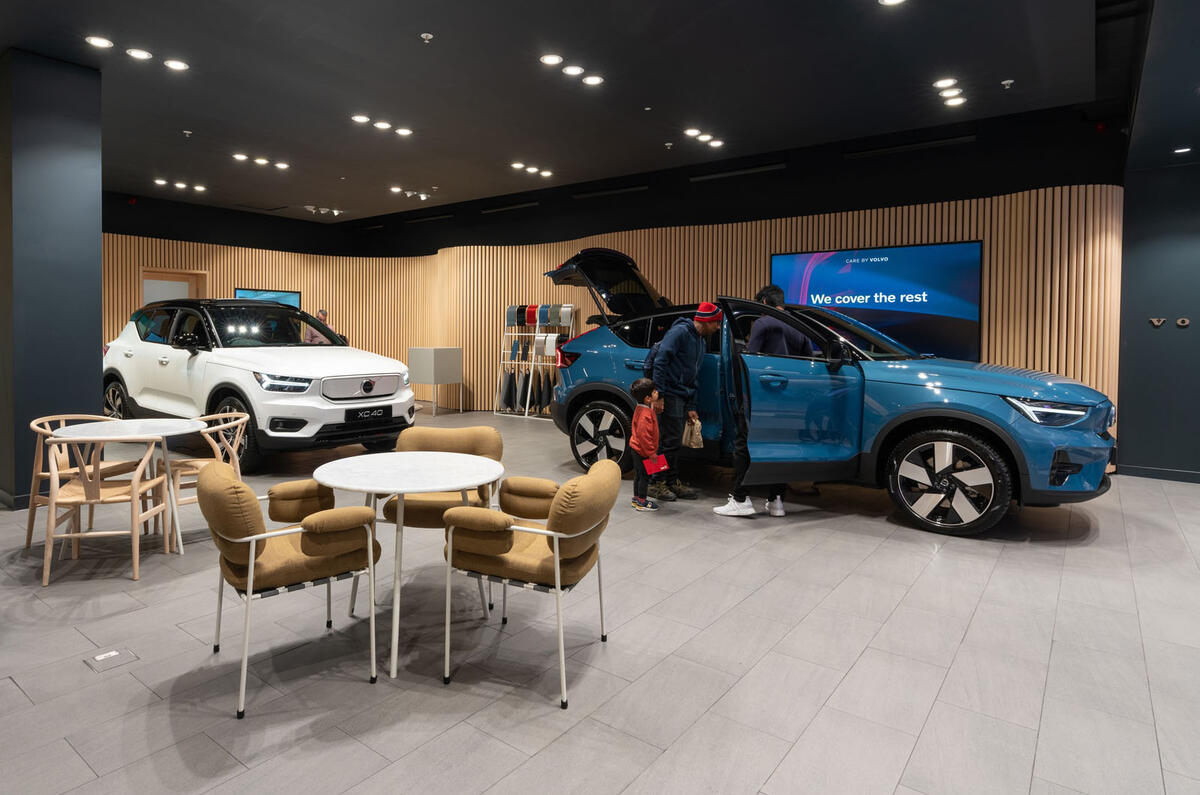
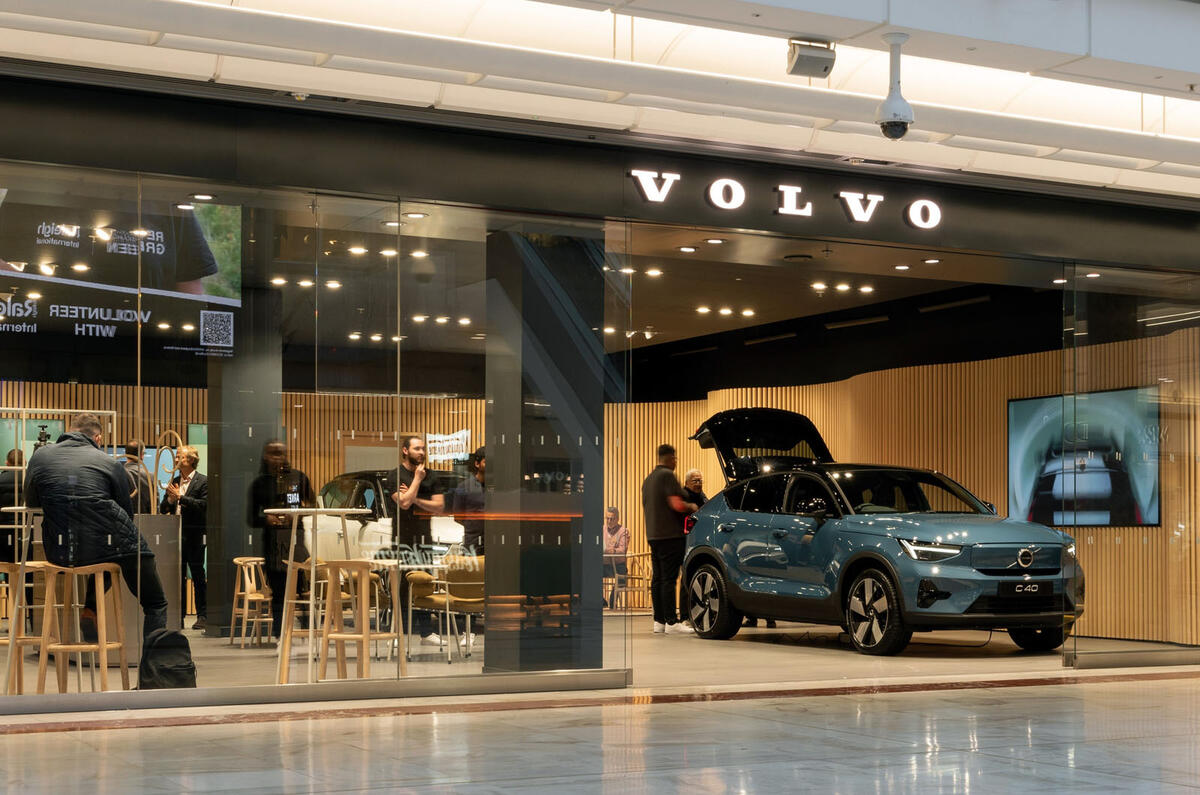









Add your comment